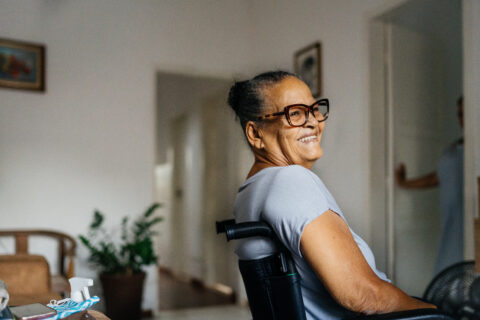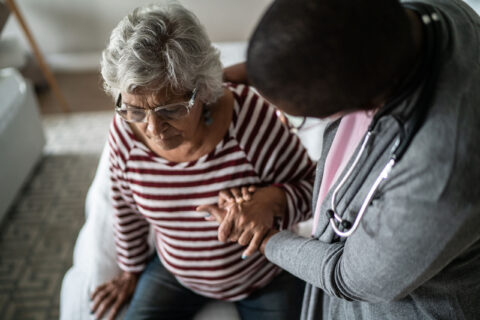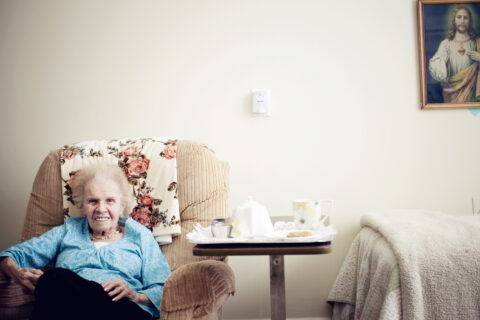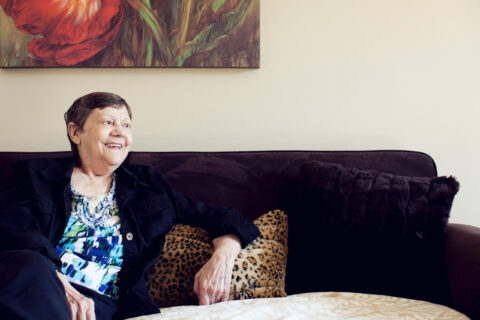Caring for a Loved One at Home: 10 Things to Consider
About a third of Americans provide informal care to a fellow adult, according to Mayo Clinic. While caring for an aging loved one can be rewarding, doing so successfully requires planning, patience and fortitude. If you’re considering the family caregiving path, be aware of these obstacles to be sure you’re offering the best care you can for your loved one—and yourself.
Financial Strain | While at-home care can be less expensive than alternatives, it’s far from free. Family caregivers spend on average more than $7,000 out-of-pocket annually, according to the American Association of Retired Persons.
Work Disruption | Two-thirds of family caregivers have another job—and more than half of these folks report having to take time off or adjust work hours to provide care. Such disruptions can lead to poor performance reviews, missed promotions and lost income.
Personal Safety | Safety can become a major concern, especially among dementia patients. Wandering, confusion, and lapses in judgement can have disastrous consequences around the house. For help developing a safety plan, see this guide from the Alzheimer’s Association.
Fall Prevention | Each year, one in four adults over age 65 fall, resulting in 3 million emergency room visits and 36,000 deaths, according to the Centers for Disease Control and Prevention. To help make falls at home less likely, see our Fall Prevention Checklist.
Optimal Nutrition | Food preparation, tasting, chewing, swallowing and even appetite can all become more challenging for older adults. See here for healthy meal-planning tips, as proper nutrition can help prevent ailments ranging from diabetes to osteoporosis.
Social Isolation | A third of older adults report feeling lonely, which can shorten life expectancy and increase the likelihood of conditions from heart disease to dementia. Solo seniors aren’t the only ones at risk—older family caregivers are also more likely to suffer from chronic loneliness, according to AARP.
Caregiver Health | Caregiving takes a mental and physical toll. Stress, depression, insufficient sleep and chronic disease are all more common among caregivers, says the CDC, in part because they tend to neglect their own health needs.
Relationship Challenges | Sometimes, caregiving can strengthen the bond between loved ones. In other cases, it can expose frustrations and anger. If you find yourself in the latter category, do your best to communicate your feelings, separate the disease from the person, and ask for help.
Respecting Boundaries | Establishing some separation between living areas and maintaining privacy is an important part of coexisting happily. If possible, designate a room of the house for the senior’s own, and be clear about which spaces of the home are reserved only for the caregiver, such as a bedroom and office.
Beware Burnout | The cumulative physical, mental and emotional demands of providing care can result in burnout, when the caregiver may become exhausted, withdrawn and even depressed. Find help here.
Contemplating the next chapter in your loved one’s story? Click here to learn more about Bickford Senior Living and to find a branch near you.



